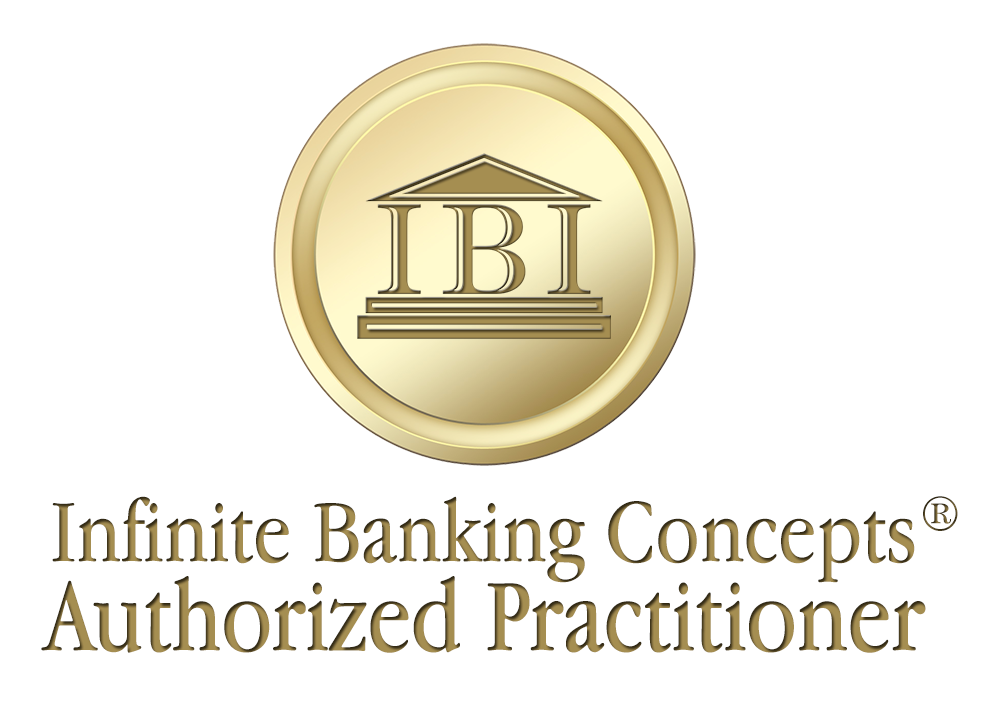Trust the Corner Banks?
As an American I value what people before me have done in providing me an opportunity to pursue my life’s dreams. I am sadden however, that too many do not have the freedom to search for those dreams. Why not? Because they are in financial bondage. They spend all their time and energy making money for someone else. At best they are trading their time for a meager income.
The bright and comfortable light of financial freedom is rapidly being extinguished in America. I want people to have the ability to seek for and obtain their dreams. The first step to do so requires that people obtain or are on the path to obtain financial freedom. This is why I have started this blog. I sometimes tell my friends that my pet project is called the Financial Freedom Restoration Project.
Every year at this time I am reminded of a story my father told me numerous times growing up. You see my Dad was 15 when his parents lost all they had in the great depression. On Halloween day of 1933, my Dad rode in the back of the family truck with the cow as the family picked up and moved to Pocatello, Idaho. This moved was calculated so Grandpa could find work to provide food and shelter for his eight children.
For some time before this event my grandparents had grown increasingly uneasy about the stability of the banks in Logan, Utah, so they made the long trip from their home in Arimo, Idaho to Logan and withdrew their life savings. Upon returning to their small home, they went downstairs, dug a hole in the dirt floor and buried the money. That night my grandmother could not sleep. All she could think about was that money buried in the basement and what would happen if the wrong person found out about it. Would someone break into their home and steal the money? Would they harm one of the children in the process? She simply was frightened to death about the possibilities.
The next morning, grandma told grandpa about her miserable night. They decided to travel to Pocatello and find a safe bank. (A note of clarification is required here. Most all banks are found in the center of town on the corner of the street. This is why I call them the corner bank and to help distinguish them from the type of entity I teach people to own, i.e. a personal bank.) They considered many, speaking to the president of each bank at which they stopped. Finally they settled on a bank at which the president had given them his personal guarantee that the bank was in good standing and their money would be absolutely safe. They made the deposit and returned home. Less than two weeks later, they received notice that the bank had closed its doors and taken their life savings.
This story is a familiar one and could be retold with other personal details by countless people. It was an unfortunate time in our country’s history. Banks became so distrusted that President Roosevelt decided something had to be done. As part of the “New Deal,” Congress and the President drafted the Banking act of 1933, which created the Federal Deposit Insurance Corporation (FDIC). The purpose of this new “corporation” was to restore the faith of the American public in the banking industry, and in turn, protect the banks from bank runs. The FDIC now proudly proclaims that since 1934 not a single depositor has lost their deposit at a FDIC insured bank, even if the bank has failed. If your bank is insured, no need to worry, right?
If I deposit $1,000 dollars in my local bank, I trust that the funds are safe and protected by FDIC insurance and that even if the bank fails, I will get my money back.
Now, I’m not one to lose sleep over every Chicken Little story that surfaces in the media, and the troubling economic developments out of Cypress have seemed to just fade off the radar. Nothing like that would ever fly here in the USA.; surely there is nothing to worry about, right?
Unfortunately, it seems that that idea may be a bit naive. The audacious presumption that a bank could just steal customer’s funds to balance the bank’s books set an unbelievably dangerous precedent. New Zealand is reportedly considering a similar measure. And guess what? They are not alone.
A joint paper by the US Federal Deposit Insurance Corporation and the Bank of England dated December 10, 2012, (known commonly as BOE/FDIC/Dodd-Frank Plan To Save the Banks) shows that a Cypress-like grab for depositor’s money is already in black and white.
The report begins by explaining that the banking crisis of 2008 made it clear that some other way besides taxpayer bailouts is needed to maintain financial stability, evidently anticipating that the next financial collapse will be on a grander scale than either the taxpayers or Congress is willing to underwrite, Their solution? “Convert a sufficient amount of the unsecured debt from the original creditors [meaning the depositors] of the failed company into equity [or stock].
Although few depositors realize it, legally the bank owns the depositor’s funds as soon as they are put in the bank. Our money becomes the bank’s, and we become creditors holding IOUs or promises to pay. But until now the bank has been obligated to pay the money back on demand in the form of cash. Under the FDIC-BOE plan, our IOUs will be converted into “bank equity.” The bank will get the money and we will get stock in the bank.
My take on this proposal: the bank who is failing due to mismanagement or due to risky investments can steal my funds and force me to accept stock in a company led by poor businessmen with an even poorer business record!
(If you are brave enough, check out the full FDIC-Bank of England plan here: http://www.scribd.com/doc/133945780/FDIC-Bank-of-England-official-plan-to-raid-depositors-Cyprus-style) Another recent articles interprets the Frank-Dodd bill passed in 2010 as allowing the authority for banks to do exactly what I am discussing. (http://www.wnd.com/2013/10/u-s-banks-already-can-take-your-money/)
Now perhaps there will never be another bank failure. I truly hope so. But, are you prepared for the proposed solution if there is? And here’s more food for thought: Have you ever wondered who backs up the FDIC? Does the FDIC really have unlimited amounts of money to insure all depositors? Did you know the FDIC has 99 years to get your money to you in case of a bank failure?
If the risky scenario doesn’t bother you, how does a traditional bank savings account stack up to the rest of our characteristics of an ideal investment? Don’t remember the 12 questions identifying the ideal investment? Go here to find them: www.hendersonandfloyd.com/2013/10/29/12-characteristics-of-the-ideal-investment/


Leave a Reply
Want to join the discussion?Feel free to contribute!